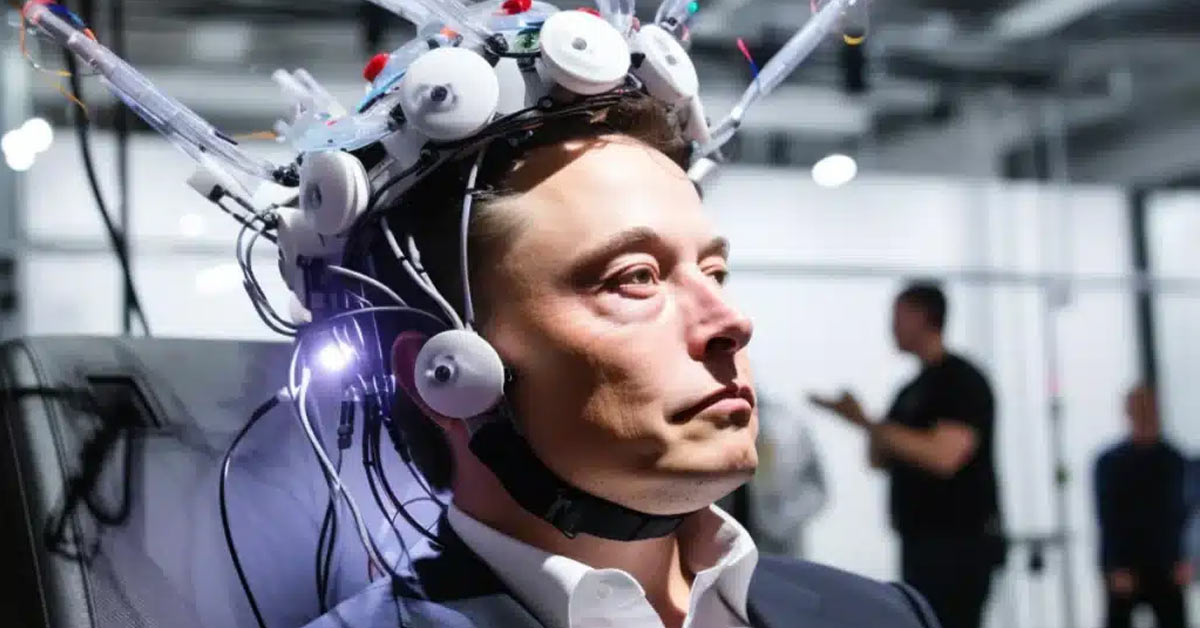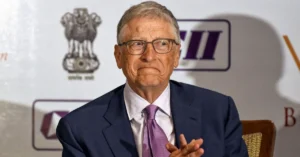California-based neurotechnology company founded by Elon Musk, Neuralink earlier this month announced its breakthrough by successfully implanting a brain-computer interface device in a second patient, furthering its mission to aid individuals with paralysis. Musk elaborated on this milestone and the company’s recent technological advancements during a comprehensive podcast released on Friday.
Designed to empower users to control digital devices with their minds, the implant seeks to improve the lives of individuals with spinal cord injuries. Notably, the first recipient of the implant, Noland Arbaugh, has successfully utilized the technology to accomplish a range of tasks, including playing video games, surfing the internet, posting on social media, and navigating his laptop cursor, as shared by Musk.
While specifics about the second patient are undisclosed, Musk revealed that this individual has a spinal cord injury similar to Noland Arbaugh’s, who was paralyzed in a diving accident. Encouragingly, the second patient’s implant, which features 400 electrodes, is performing well. Neuralink’s innovative device boasts a total of 1,024 electrodes, carefully designed to detect and transmit brain signals with precision.
Musk expressed enthusiasm about the second implant’s success and announced that Neuralink aims to implant the device in eight additional patients by the end of the year as part of its ongoing clinical trials. The ultimate goal is to significantly enhance the digital interaction capabilities of individuals with spinal cord injuries, potentially enabling them to surpass professional gamers in terms of reaction time and performance.
Neuralink announced in March that its first human recipient, a quadriplegic individual, had successfully gained the capability to control video games solely with his thoughts, thanks to the implanted chip.
Musk shared his ambitious long-term vision for Neuralink, seeking to harmonize AI and human interaction by significantly amplifying human communication capabilities. He cautioned that without such advancements, AI systems might become idle or ‘bored’ due to the slow pace of human communication.
Neuralink’s initial focus is on repairing damaged neurons in the spinal cord, neck, or brain. After establishing the safety of brain implants through widespread use, the company may explore augmenting healthy individuals. Currently, Neuralink is developing technology to enhance communication capabilities for people with neuron damage, enabling data transfer rates beyond typical human abilities.
Noland Arbaugh, the first person to receive a Neuralink implant, talked about his experience on a podcast. Before getting the implant, he used a mouth stick to control a tablet. Now, he can control his computer screen with his thoughts, making him more independent and less reliant on others. Although there were initial issues with the implant, Neuralink made adjustments to improve it, allowing Arbaugh to achieve better control. He even set a record for the fastest cursor control speed, despite only 10-15% of the electrodes being fully working.
Beyond Neuralink’s tech innovations, Musk shared his vision for policy reforms. He revealed discussions with Donald Trump, a Republican presidential contender, about creating a commission to streamline government operations and cut business regulations. Musk argued that existing US regulations stifle innovation, emphasizing the need for change to foster progress.
Back in May, Neuralink co-founder Dr. Benjamin Rapoport departed from the company raising safety concerns about the devices and technology that Neuralink has already started testing on humans.






